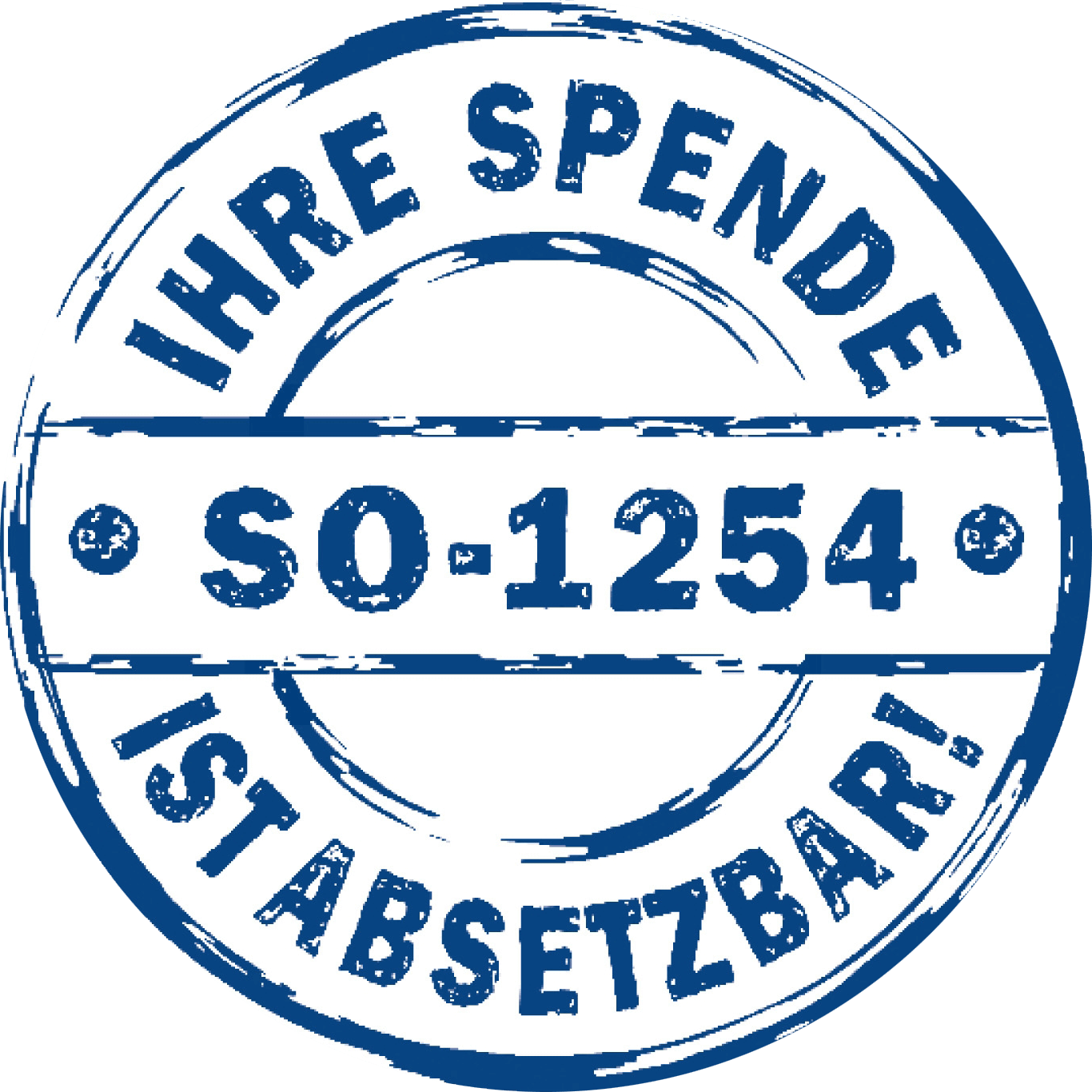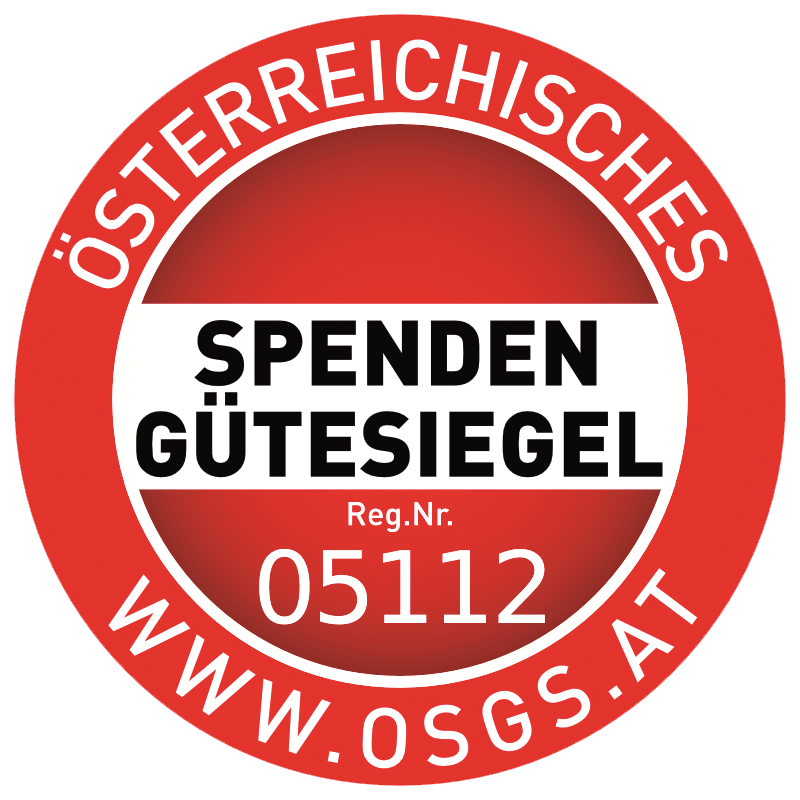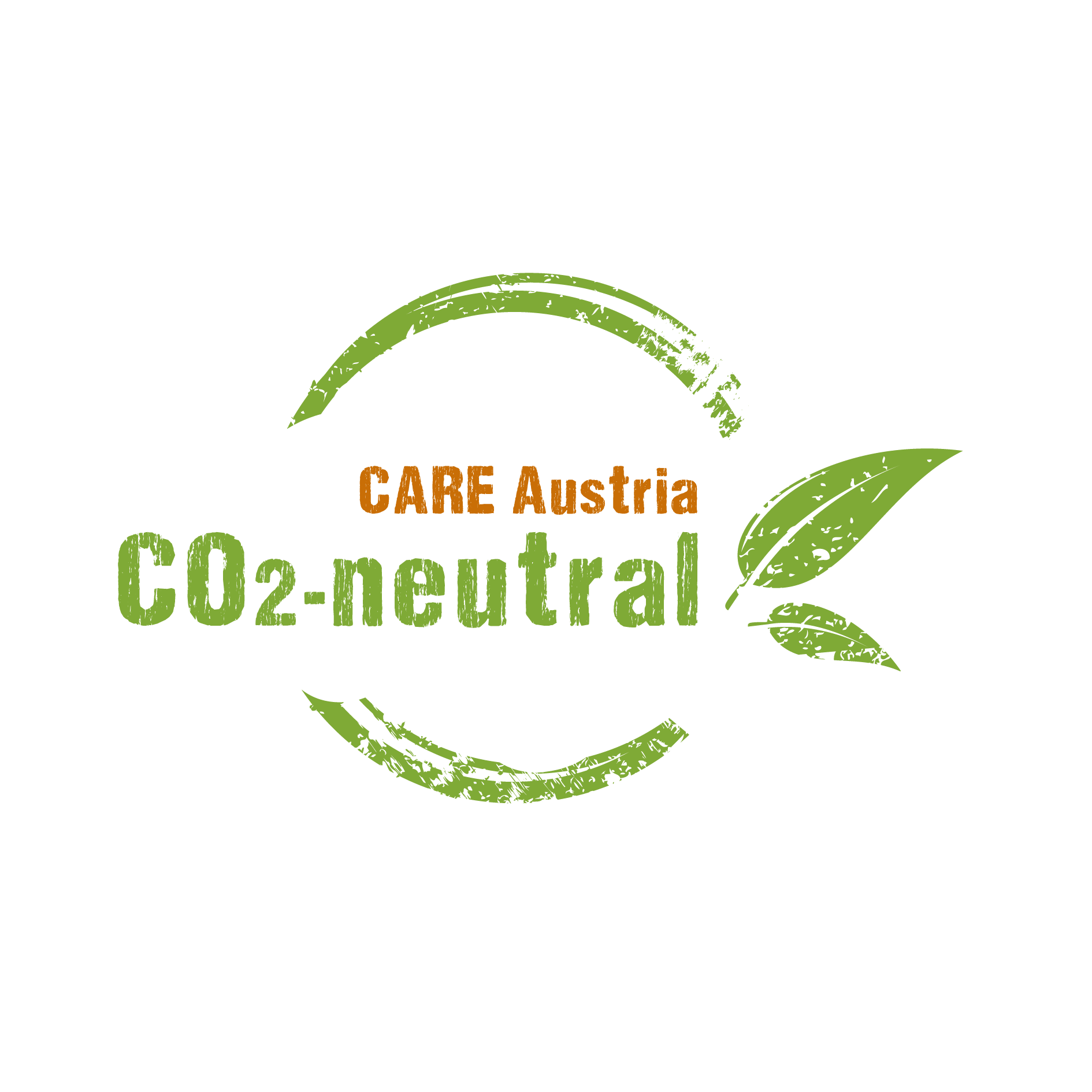Bangladesh: Cox’s Bazar Site Management Support – BGD919
Currently, 926,486 Rohingya refugees have settled in Bangladesh, whereof children represent 52% of the total population and women and girls represent 52%. The refugees are mainly residing in the camps. Women and girls experience increased vulnerability in the camp environment compared to their life in Myanmar. In the camps they are being isolated from services and information and are found at a greater risk of gender-based violence.
The Cox’s Bazar District, where the camps are based is prone to natural disasters including cyclones, floods and landslides. Overcrowded camps are creating challenges, and the key concerns include access to water, inadequate infrastructure, poor waste management and sanitation. There are significant needs for repair and maintenance of infrastructure as well as site improvement and development.
Overall Objective
To improve the living conditions of the affected population in the Rohingya refugee camps 13 and 16 by strengthening community participation and ownership, reinforcing accountability mechanisms, reducing safety risks, and enhancing coordination while ensuring access to adequate assistance and protection.
Special Objectives
1) Site Management Support is efficiently delivered, ensuring appropriate delivery of services and protection assistance, as per humanitarian standards.
2) The Site Management Support (SMS) agency ensures that the affected population is informed, aware and participates in the life of the camp, while reinforcing humanitarian actors’ accountability.
Expected Results
ER 1.1: Coordination between camp stakeholders as well as Service Monitoring are strengthened to improve beneficiaries’ access to services, information and coverage of needs.
ER 1.2: The community is ready to respond to disaster and participates in ensuring that the camp is run smoothly and safely for its inhabitants.
ER 1.3: The Site Management Support and Site Development (SMSD) agency ensures that the Minimum Standards for Camp Management are in place
ER 2.1: Communication and accountability to the affected populations is promoted, facilitated, and strengthened.
ER 2.2: Community participation structures are reinforced, ensuring that all categories of the population –including the most vulnerable- are empowered, expand their sense of ownership and are part of the decision-marking processes of the camp.
Main Activities
- Facilitate communication and relationship between service providers and the Camp in Charge (CiC).
- Support the Sectors’ Focal Points in the organization of regular coordination meetings at camp level to ensure efficient information sharing.
- Regularly assess and monitor services provision and humanitarian standards inside the camps; and refer findings to the Sectors’ Focal Points.
- Update and test the Emergency Response and Preparedness Plan in collaboration with the Disaster Management Committee members including the CiC and relevant camp stakeholders following the SMSD Sector guidelines.
- Support the Disaster Management Unit (DMU) Volunteers to respond to local incidents through regular mobilization and training provided by the SMS agency and external partners.
- Engage DMU volunteers in multi-hazard preparedness activities, following a monthly plan.
- Organize community awareness campaigns related to disaster risk reduction and risk awareness, using Communication with Communities (CwC)/SMSD sector guidelines.
- Conduct Camp Safety Audits in coordination with the Child Protection sub-sector and other Sector Focal Points; share, refer and follow-up on results and mitigation measures.
- Roll-out and implement in each camp the Minimum Standards for Camp Management as adapted for the Rohingya Refugee camps context, in close coordination with IOM AoR Coordinators and the SMSD Sector.
- Maintain 13 Feedback and Information Centres: one in each camps‘ blocks as well as one help desk per SMS office.
- Strengthen complaint, feedback, and referral mechanisms in collaboration with Sector Focal points and relevant camp actors across the camps.
- Conduct mobile Community and Feedback and Response Mechanism sessions on a weekly basis; reaching out to vulnerable categories of the population including women and those living in the most remote camp areas.
- Regularly engage and strengthen the established Community Committees and groups.
- Carry out training curriculum to women committee members as part of the Women’s Participation Project (WPP) in both camps, with the support of IOM.
- Hold meetings between community groups‘ representatives and humanitarian stakeholders to discuss issues, needs, and gaps inside the camps.
- Support the implementation of women-led projects in line with the WPP- following IOM Standard Operating Procedures and CARE Guidelines.
Location
Cox Bazar, Bangladesh
Beneficiaries
13, 482 households; 65 534 individuals
Duration
01.07.2022 – 31.12.2022
Total Budget
€ 198,432.38
Donors
CARE Austria
Project reports

This project contributes to the following sustainable development goals (SDGs):









